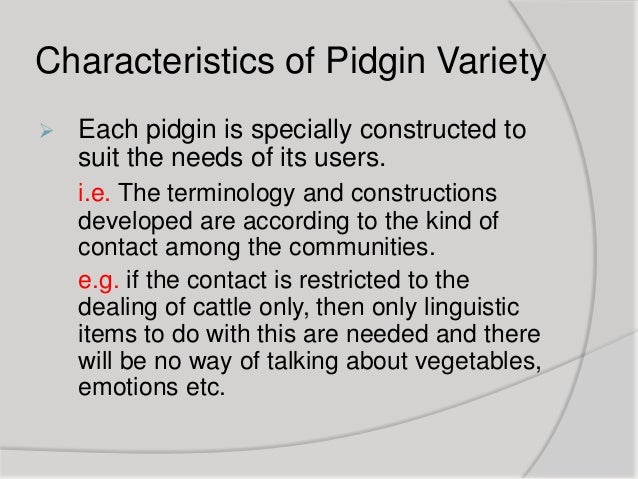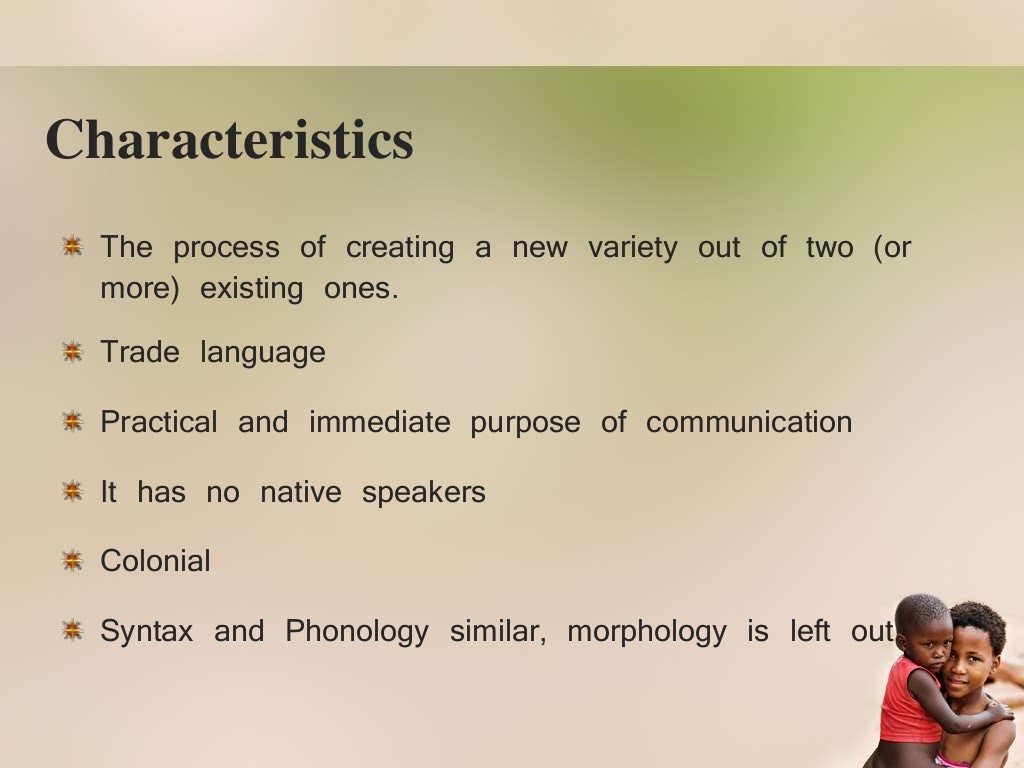

If just one person uses words in a whole range of ways, imagine all the additional uses, nuances, and phrases when we think about a whole community of people! We end up using language in ways similar to the people around us, those that we communicate with the most-so people who interact less will develop differences in how they use words, grammar, and pronunciation. Today, of course, "meat" means only food from animals or even food from land animals (and not from sea animals or birds). This happened with "meat," which used to mean food in general, including plants, grains, animal products, etc. Sometimes change happens when one meaning of a word becomes more common, and the other meanings fall out of use. Think of the word "tall." The height of a "tall" building is different from a "tall" kindergartener, and those are both different from a "tall" order (a metaphorical use of the word). (And if a word is no longer in general use, across many contexts? Then it's called a fossil.) Any one word is (almost) always used in different kinds of sentences, alongside different kinds of words, with slightly different meanings. English speakers repurposed the noun "friend" into a verb for this special kind of friend-making, when you "friend" someone on social media!Įven at a single moment in time, there is variation in what a word means-even when we're talking about how just one person uses the word. Making friends isn't new, but about 20 years ago, we suddenly needed a new way to distinguish making a friend in real life (excuse me, "irl" ) from creating a virtual connection on a social platform, especially Facebook. It took only a decade or so before the shortened version "movie" gained popularity. When this new form of entertainment first emerged in the late 1800s, one of the names for the films was "moving pictures"-an easy way to describe them if you had never seen one. For centuries, this word existed in English to refer to people who made mathematical computations: Just like a "teacher" is a person who teaches, a "computer" was a person who computes! By the end of the 19th century, it was used for the early machines that could also do computations, and throughout the 20th century it was used for a variety of devices and computing machines-the predecessors to the "computers" of today! Here are a few examples of words that were created or repurposed when a new need arose: We very often do this by repurposing existing words. One reason languages change is because we are constantly developing new things to talk about, so we need to create new words, expressions, and grammar to communicate about the new topics. So here's some of what we do know about why languages change over time! Our needs are always changing It's easy to reflect on changes that have already happened, but basically impossible to predict what will change in the future.

There are many reasons why languages change, and I'll cover a few of them, but also: We don't entirely know why all changes happen! Sometimes changes are really well-documented over centuries-I'll share a few English examples-but other changes, especially pronunciation changes, are less well understood. You might be familiar with how Latin evolved to give rise to many Romance languages, including Spanish and French, but… why? Why did they have to change at all?

Totally fair question, and one that has as much to do with language and linguistics as it does with culture, sociology, and politics.

I've read your posts about where English came from and the history of German, but I have a more general question about language histories: Why do they change at all? Is it possible for languages to stay the same, or is change inevitable? 🌌 You might know part of the answer from a few other posts (like this one or this one), but do you know the whole story? Let's take a look. Hi, learners! This week's Dear Duolingo is a question about all languages, throughout all of time. Welcome to another week of Dear Duolingo, an advice column just for language learners.


 0 kommentar(er)
0 kommentar(er)
